E-Learning and Digital Citizenship
E-Learning
In A-School, we believe our students are the masters of their knowledge. Through daily guided and self-directed learning activities, students construct knowledge and acquire
lifelong learning skills. With eLearning widely adopted and integrated across all subjects in all grade levels, our students’ learning experiences are greatly enhanced and tremendously transformed.
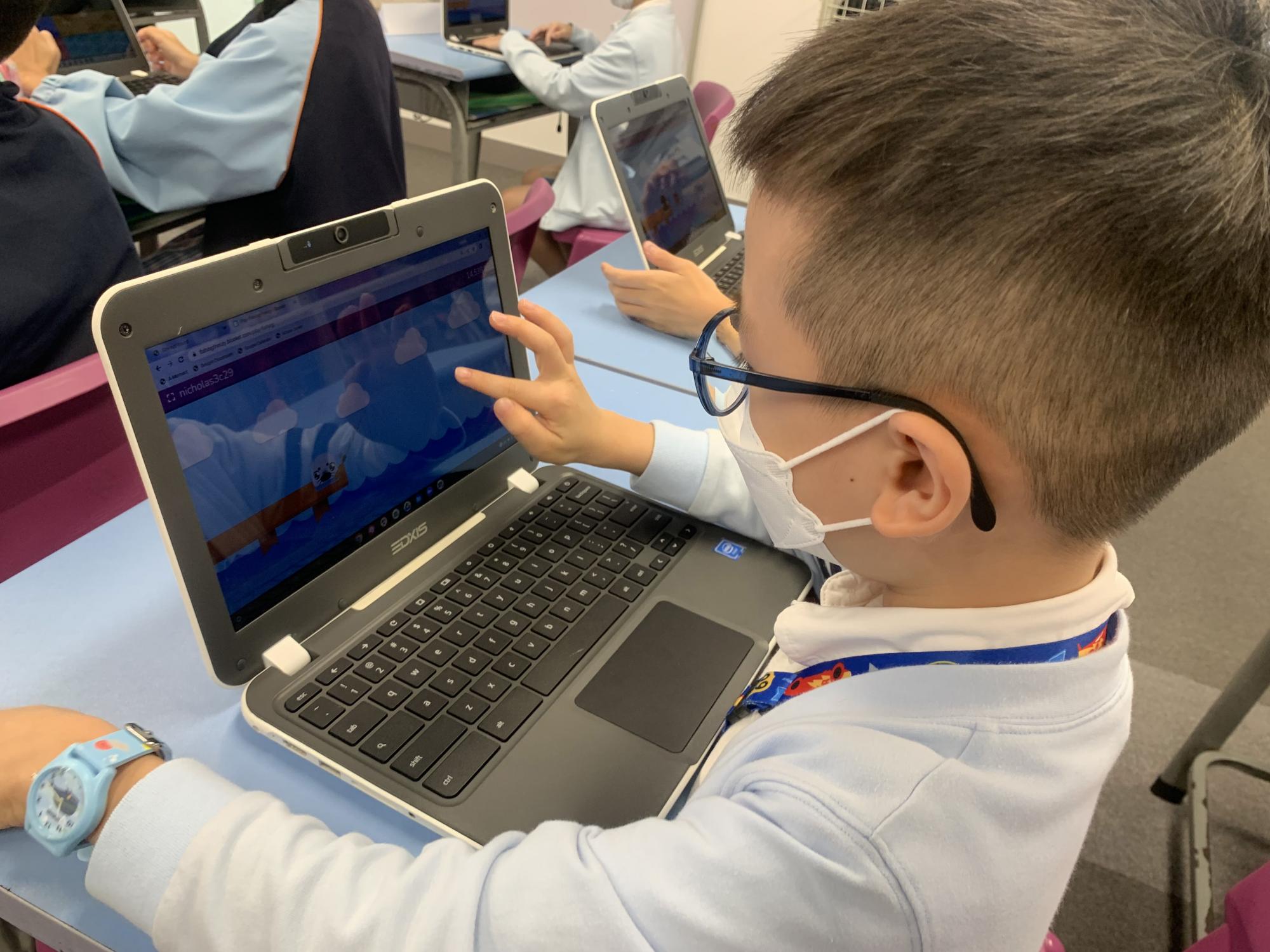
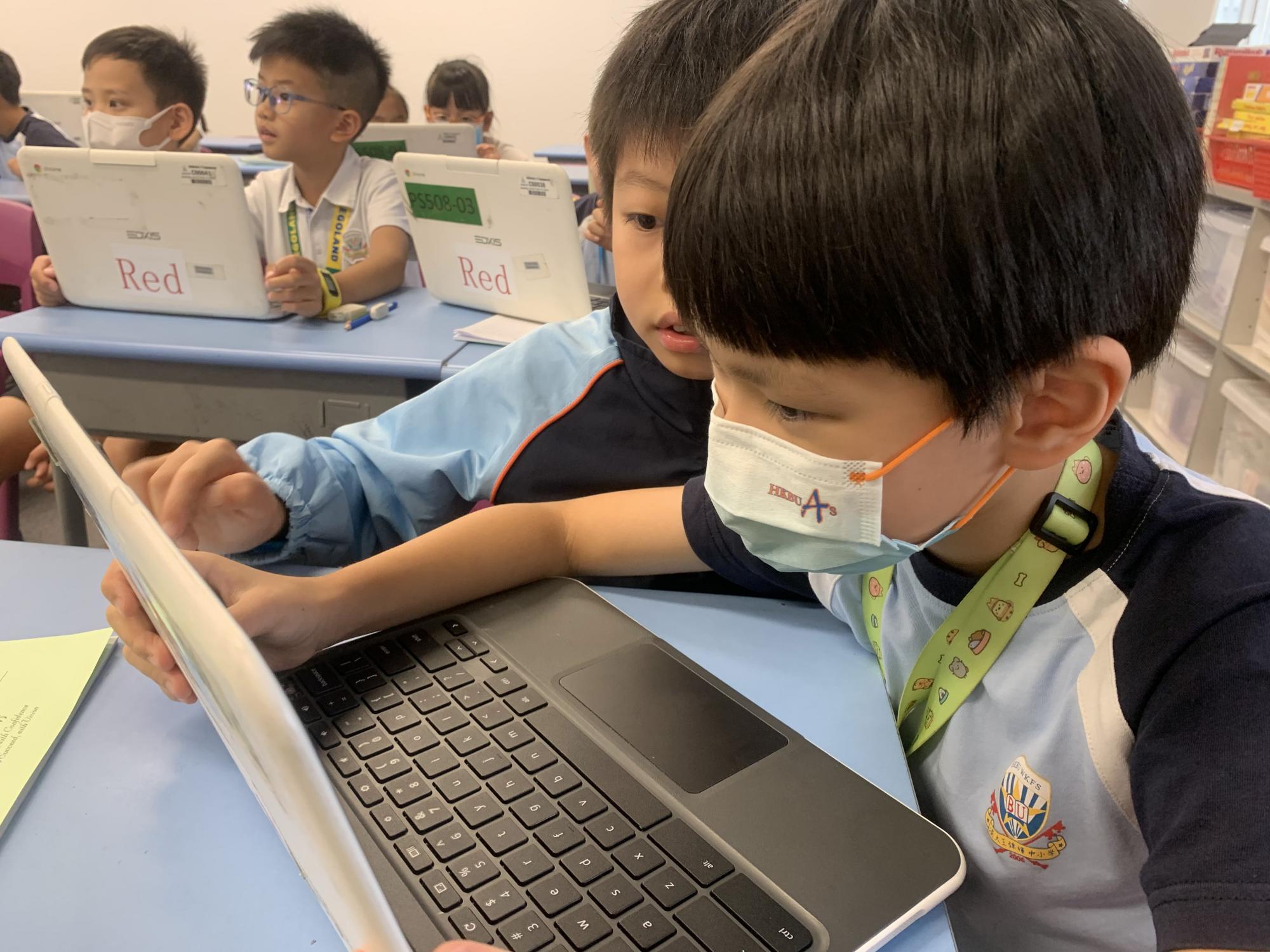
With the widespread of Internet, children nowadays can reach every corner of the world in an instant. Their learning can be broader and deeper. Through the adoption of eLearning, students cultivate IT literacy, develop generic skills and 21st century learning skills. These skills, such as creativity, collaboration, critical thinking and communication, are crucial to their learning and development. In addition, eLearning allows differentiated tasks and caters to learner diversity and meets individual needs. Students are trained to be active and self-directed learners who take ownership of their learning.
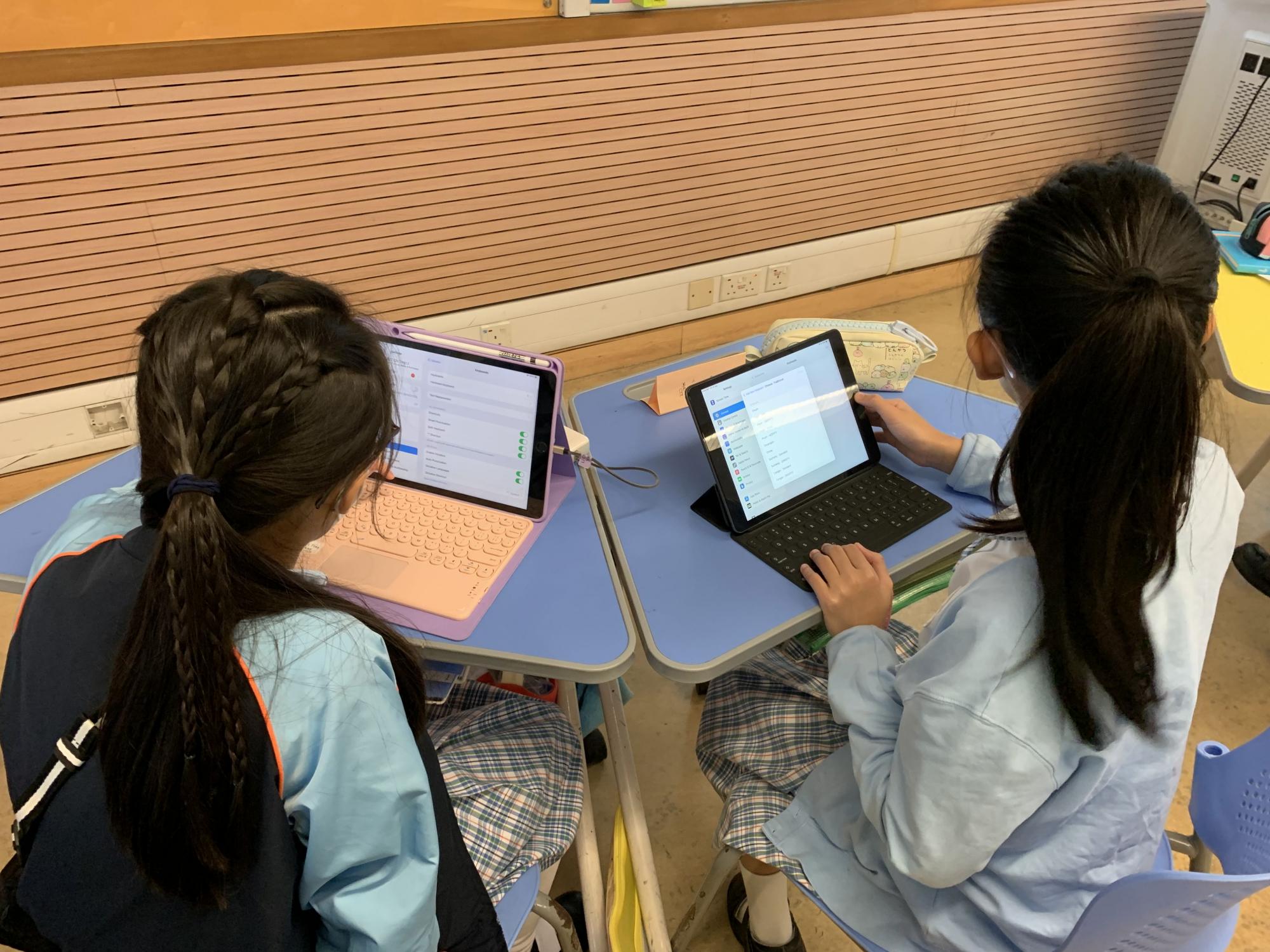
Our school has launched BYOD Scheme that brings astounding positive feedbacks from our students and teachers. With their own devices, our senior students are able to use various online learning platforms for collaborative works in class and at home. This device is solely for learning purposes and both students and parents will agree on and sign the Responsible Use Guidelines before they join the BYOD scheme.
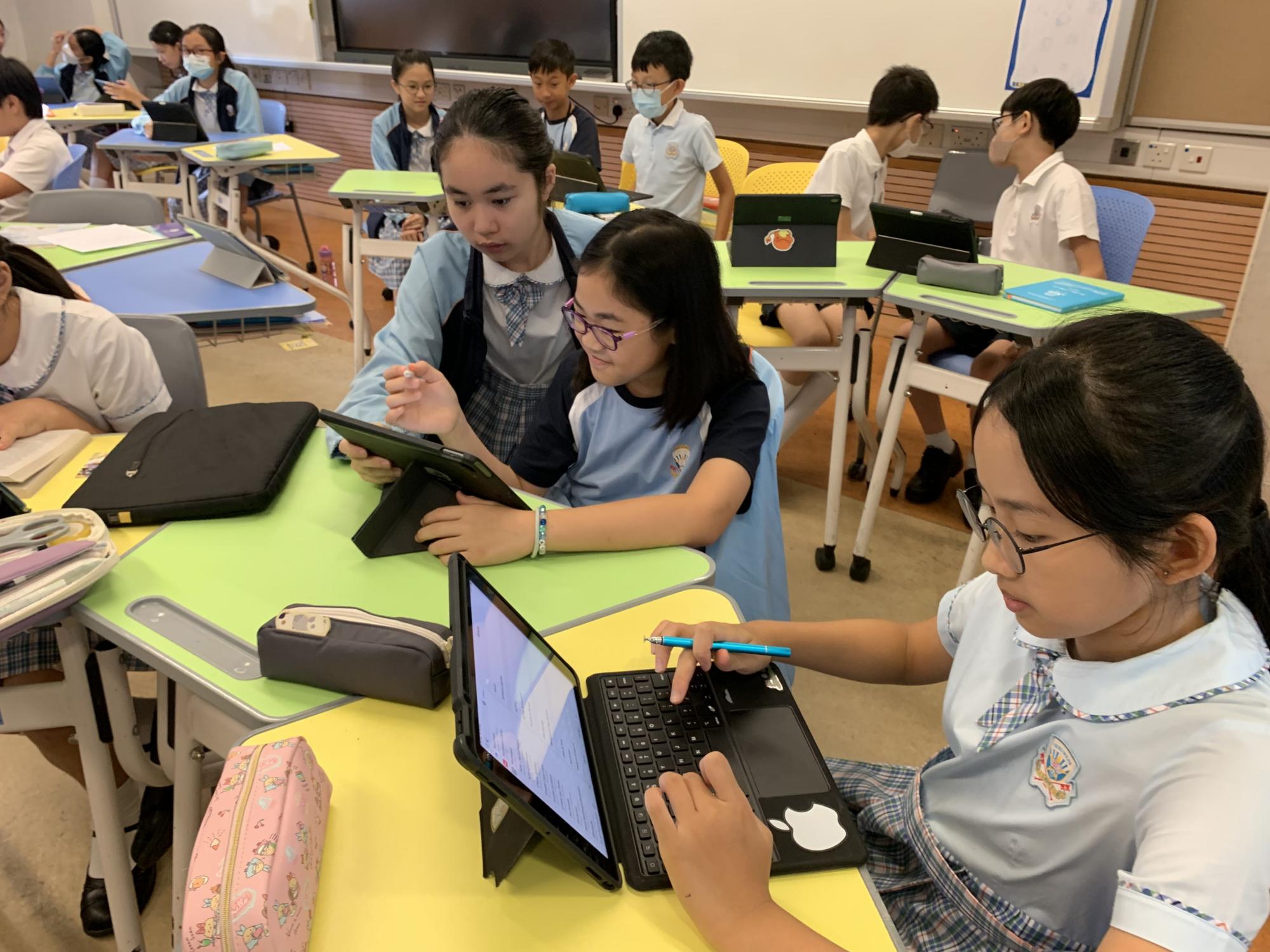
In order to fully utilize our classroom space, all senior grades’ classrooms in the Primary School have been redesigned and refurbished with 21st century classroom setting. With the new desks and chairs that promote collaborative work, and the brand new 3-meter ultra wide interactive board, learning mobility can be achieved.
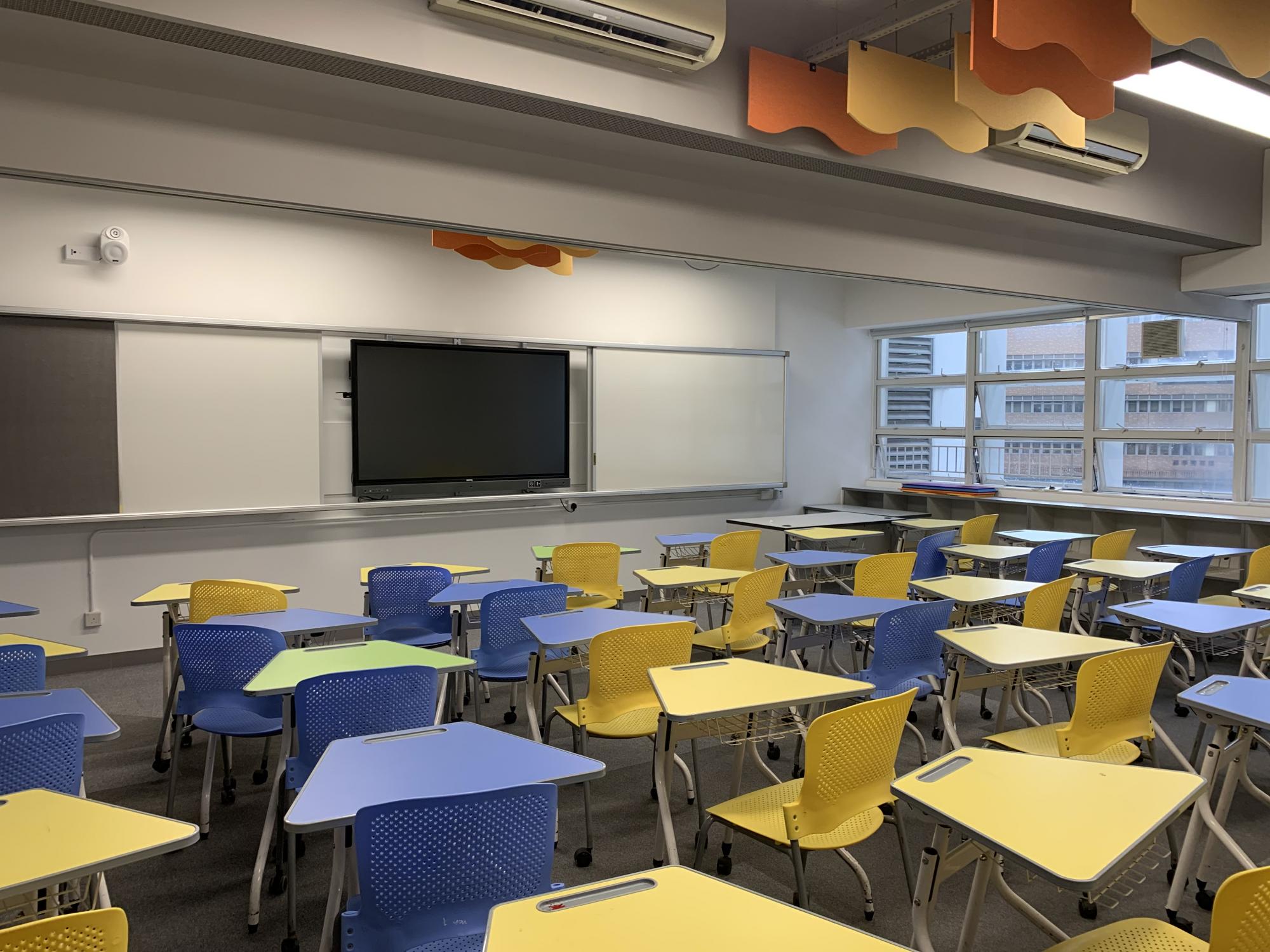
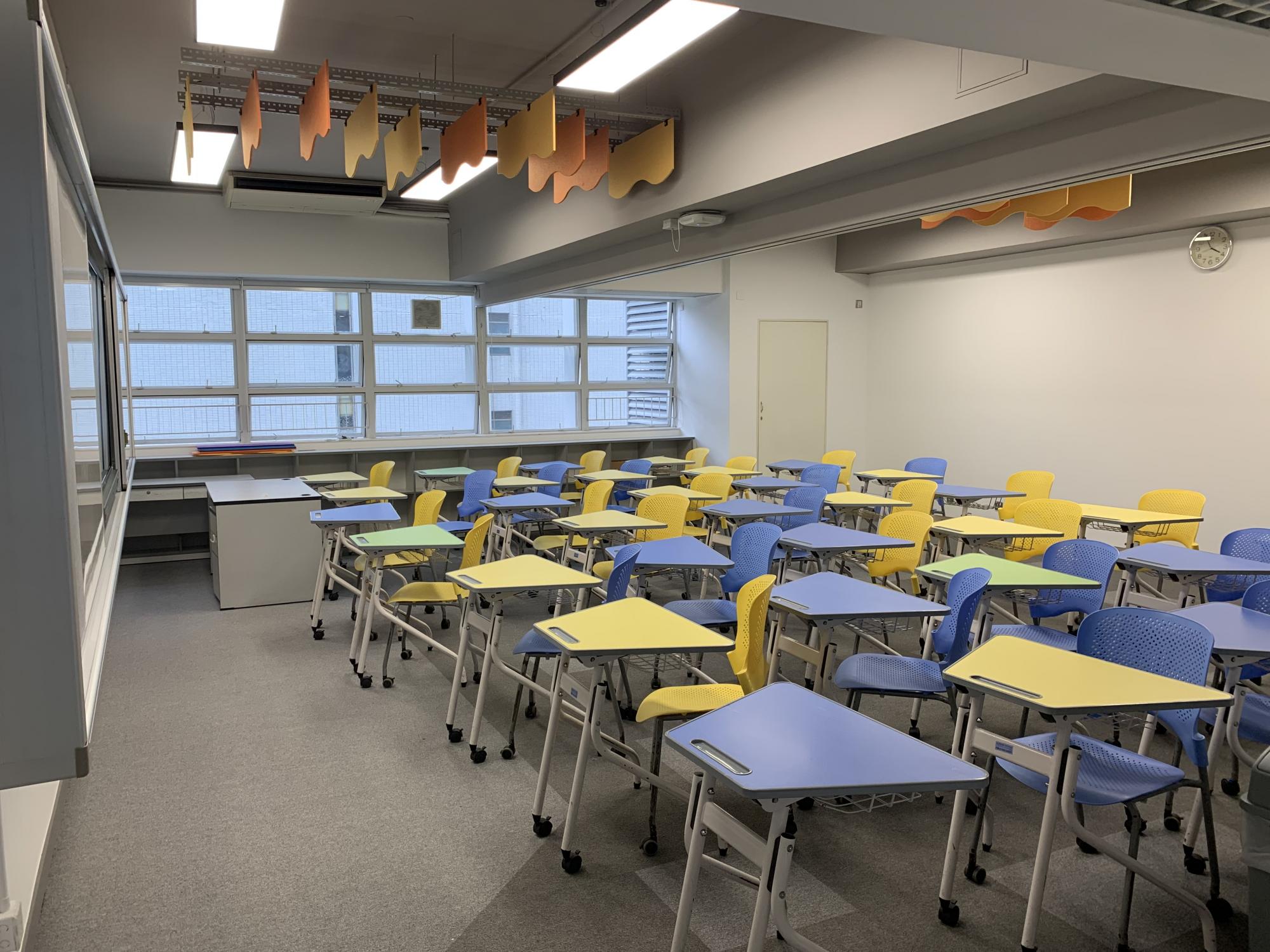
Digital Citizenship
Digital Citizenship helps children learn the habits and skills they need to use technology safely and responsibly in school, at home, and beyond.
What is digital citizenship?
Children today may seem like experts at using technology, but the digital world requires all kinds of skills and habits that children do not just pick up as they go.
Digital citizenship helps them learn those skills.
Digital Citizenship Curriculum
The Digital Citizenship lessons help junior students develop healthy media habits and learn how to be safe online. Lessons for senior students continue to focus on screen time and online safety. Older children also learn how to recognise cyberbullying, what is and is not appropriate to share online, and how to find credible news and information. As we teach these lessons, students engage in role play, discussions and other activities. At the beginning of the year, a parent workshop will be held during Curriculum Evening to guide our parents in digital citizenship. Learning continues at home with resources being sent home including a Family Media Agreement.
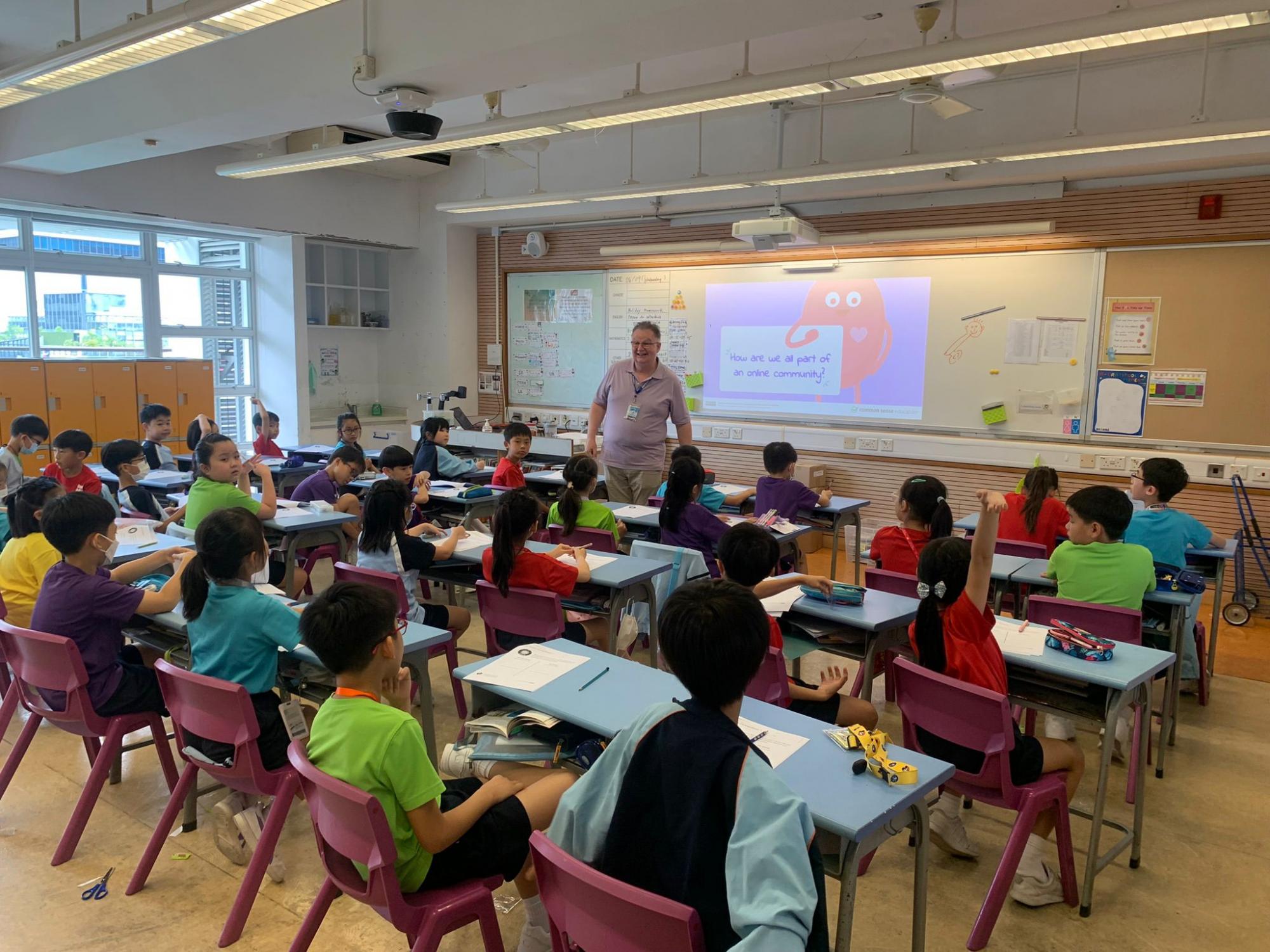 Presentations
Presentations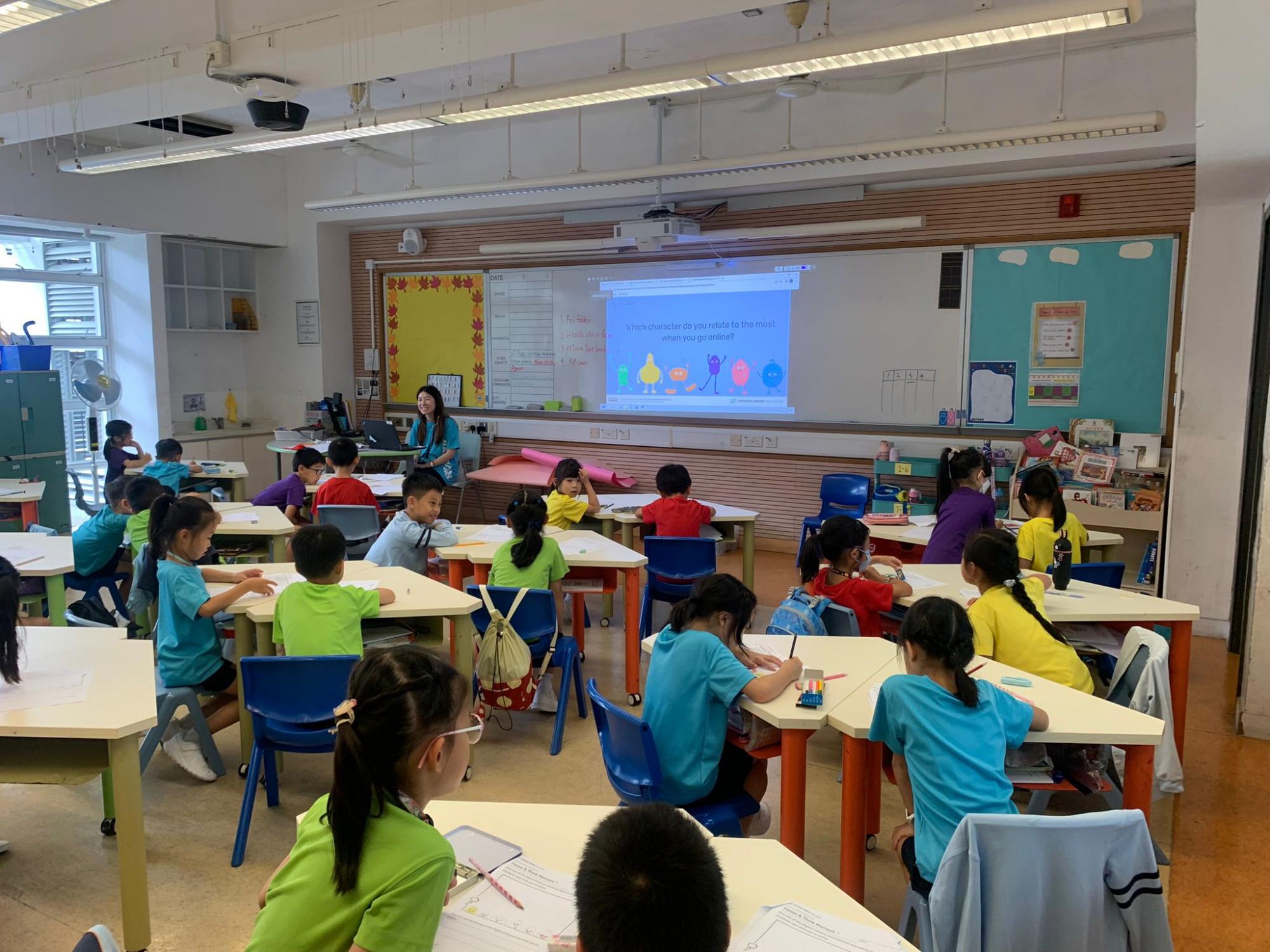 Digital Citizenship Lesson
Digital Citizenship Lesson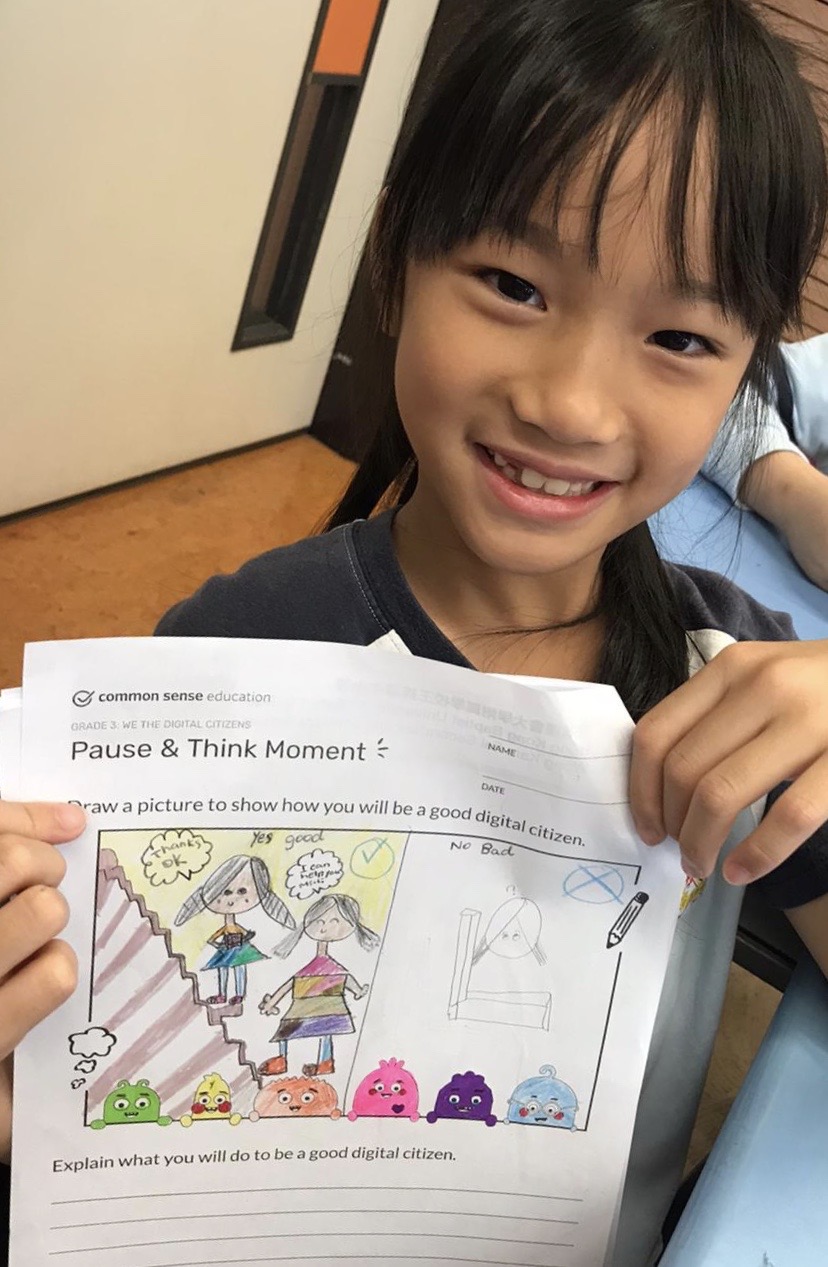 Pause & Think Moment: Showing how to be a good digital citizen.
Pause & Think Moment: Showing how to be a good digital citizen. 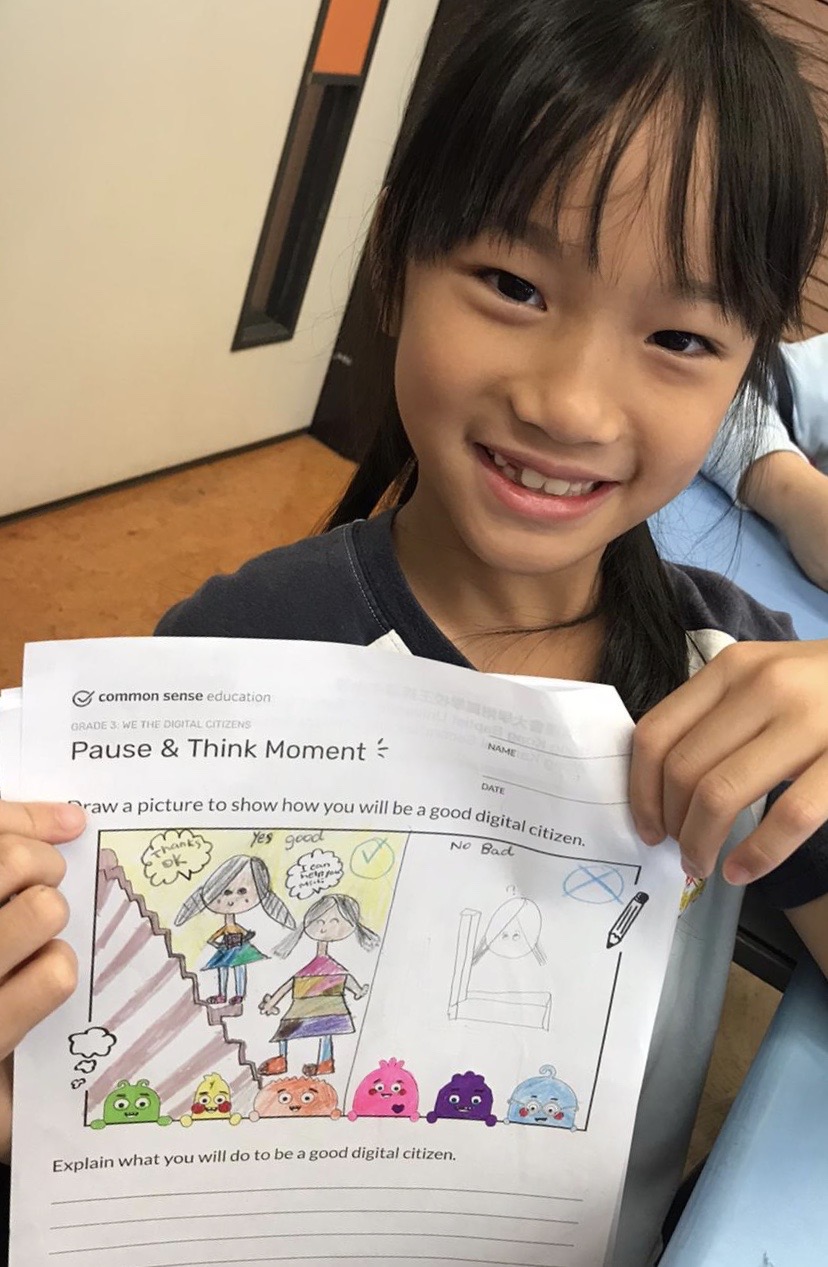 Presenting their point of view.
Presenting their point of view.